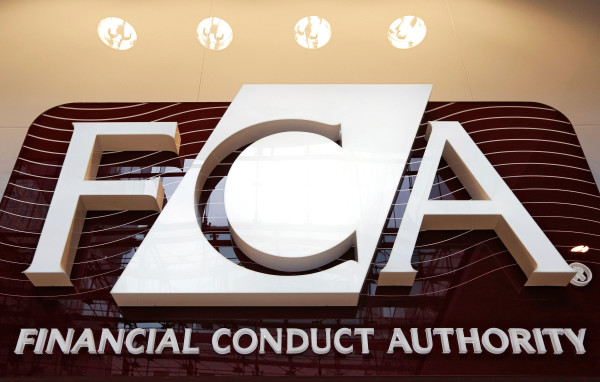

David Blunt, head of conduct specialist at the FCA, said the regulator was aware the directory could be perceived to be inconsistent because firms will be asked to self-certify employees in various roles under the incoming senior managers regime.
He said the FCA had received more responses to its plans to turn the register into a directory than to any other consultation it has produced on the senior managers regime giving it "plenty of food for thought."
From December 2019, the regulator will only approve senior managers while firms must assess and certify employees they consider to be in a position that could cause significant harm to consumers.
This summer the FCA proposed creating a new directory of individuals and firms to address a problem that would have meant only senior managers would have appeared on the FCA's register.
The prospect of large numbers of people - including most financial advisers, portfolio managers and traders - no longer being visible on the register had prompted concerns about consumers being more exposed to financial scams.
When launched the directory will include information on all those who hold senior manager positions, which require FCA approval, and those whose roles require firms to certify that they are fit and proper, which do not.
It will include details of where they work, what roles they hold, what type of business they are qualified to do and whether there are any regulatory sanctions or prohibitions against them.
The creation of the directory is also aimed at meeting the recommendations of the Work & Pensions select committee, which highlighted flaws in the register during its inquiry into the British Steel Pension Scheme.
Speaking today (16 October) at the City & Financial conference on the senior managers regime in Kensington, Mr Blunt said: "Our directory proposals were driven by feedback on the regime that it was important for individuals and firms to see who was in significant harm functions.
"We have much food for thought. From a user perspective, we want you to be in a place where you can have a comprehensive search of database. Comprehensive searches delivering comprehensible results is our aim for the directory."
But during a question and answer session, it was pointed out to Mr Blunt that the regulator was relying on firms to upload their own lists of individuals they had certified as fit and proper.
The audience member raised concerns that the register would therefore not allow consumers and businesses to compare like for like as it was reliant on firms being consistent across the country in what they consider a fit and proper person to be.
As a result, the audience member pointed out, the FCA directory could mislead firms and individuals hunting for an adviser into thinking all individuals listed were deemed by the regulator to be fit and proper.
Mr Blunt said: "The proposals we have consulted on cover the whole of the certified population. We will give that further consideration.
"There is absolutely a risk there. We have said to firms it is your job to form a view on the fitness and propriety of people.
"However well informed a firm may be it has to have a standard to judge what fit looks like. The guidance on how we view fitness may help firms decide on individuals in a consistent way.
"There may be variances and one area we are mindful of is the certified individual population is big and significant and that this does not lead to poor outcomes."
Keith Richards, chief executive of the Personal Finance Society, said consumers should have access to accurate, up-to-date information about financial services professionals, which has a credible level of validation.
He said: "We are, however, concerned that the costs of the directory seems excessively high, at £10.6m on an initial basis and £5.1m on an ongoing basis which we have challenged based on our own experience of creating and maintaining our own directory, findanadviser.org at a fraction of that cost.
"We have encouraged the FCA to consult with organisations across financial services, to see if elements of the proposed directory could be provided through existing platforms in a way that is more user-friendly for consumers and more cost effective for regulated firms, and ultimately for their clients."
He added: "The Personal Finance Society has offered to make available its own adviser directory if that would assist and equally help to reduce cost on the sector and reduce a further administration burden and duplication for firms.
"As a professional body with around 90 per cent of qualified advisers already featured on our directory by post code, including the renewal date of their annual Statement of Professional Standing (SPS), we could also help in addressing the risks of the reliance on self-validation."
The regulator was criticised for its current register earlier this month after it added an adviser search function which included unauthorised firms.
In addition to authorised firms and appointed representatives, the search results featured clone firms with a warning stating: "We strongly suggest you avoid dealing with this firm".
Industry figures claimed the accompanying warning was too small and could mislead users who do not look at the page carefully.
emma.hughes@ft.com



